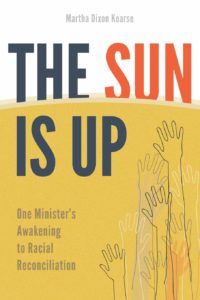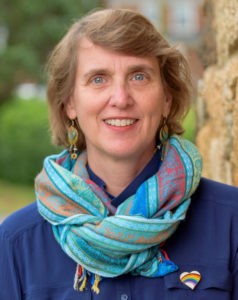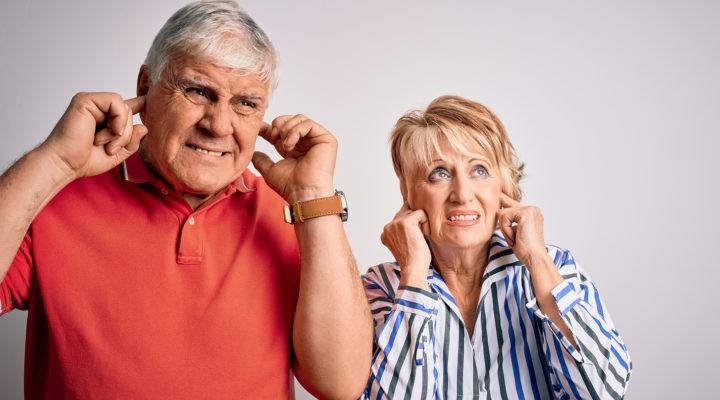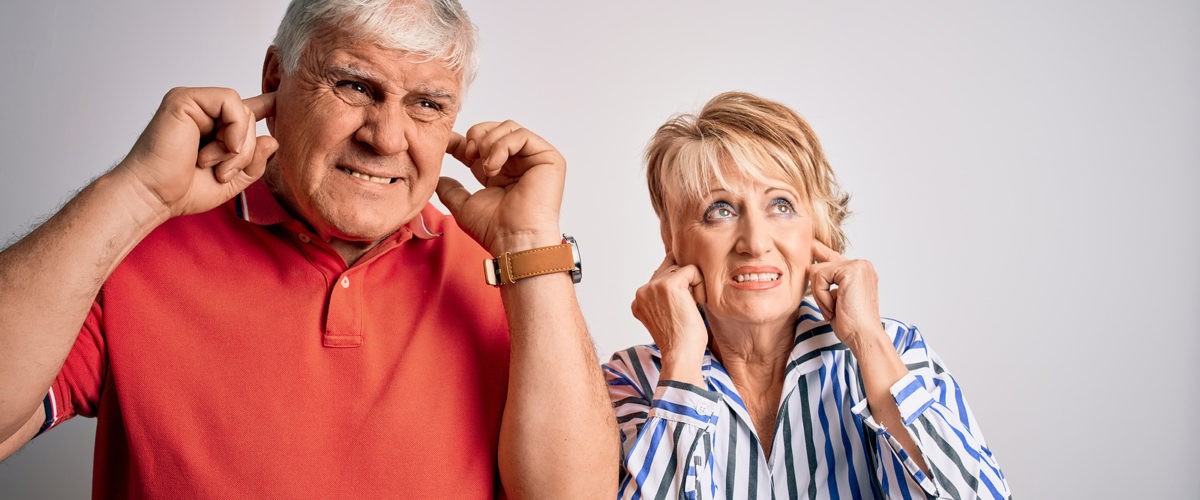Martha Dixon Kearse is a preacher whose message on systemic racism and white privilege is disturbing to the very demographic she’s trying to reach: white Christians.

“Let’s be up front about the very ugly, very large elephant in the room: White people have been resistant to the real work of racial reconciliation,” Kearse writes in The Sun is Up: One Minister’s Awakening to Racial Reconciliation. “As a group, white Christians are particularly egregious in their resistance for several reasons, most of which are cultural.”
Kearse has served as pastor of Peakland Baptist Church in Lynchburg, Va., since 2018, the same year her book was published. Since then she’s used it to try to help white congregations confront the racist structures they’ve helped construct, but do not see or acknowledge.
“A church would rather live for years with the roof literally falling in over their heads than have the difficult conversation about how to fix the roof.”
“My experience of church — organizations with which I have had much experience – has been that a church would rather live for years with the roof literally falling in over their heads than have the difficult conversation about how to fix the roof,” she writes.
However, high-profile cases of Black-targeted police brutality in 2020 have intensified the urgency of having those hard conversations, Kearse said in an interview. “We are witnessing the systemic murder of Black people by police. We cannot sit back and pretend it did not happen.”
Kearse spoke with BNG about her experiences exposing racism by using an approach influenced by biblical teachings on hospitality.

Martha Dixon Kearse
How did you sense your call to ministry?
I am the daughter of a Baptist minister, and my initial calling was as a high school English teacher. But when I was 38, the position of children’s minister came open at the church I attended, which was St. John’s (Baptist Church) in Charlotte. I had a bunch of people telling me I should apply for it, and it became really clear to me that this was a true calling. I took the position and went to seminary and was mentored at my church. I was ordained at St. John’s.
Has your book generated additional interest since the police murder of George Floyd?
Yes. I have some very kind friends in ministry who have used the book as a way to have this conversation with their congregations. That has been very meaningful to me. Two of them have invited me to be part of those church conversations. I wrote the book hoping it would generate this kind of dialogue. I wanted to offer ministers a way to have these conversations with their people in language that resonates and is directed to their experience — to our experience. I put the focus on the ways I had failed. It was not to point fingers. This is our journey together. These are the things we own, and it is presented in hopeful language, the language of our faith.
What kind of resistance do you usually get when working with congregations on these issues?
This is a hard conversation for good church people. Anybody who’s still going to church in 2020, this is a person trying hard to be a good person. And to hear that you’ve been part of a system that is hurting people, it strikes at identity. It strikes at the sense of being connected to love the way we thought we were. It’s really hard work to see that and believe it. And when they do realize this, it’s devastating. In response, some people ask, “What do I have to do?” There are others for whom it’s so devastating that they get stuck there. And there are people who are not willing to do the work at all. People have to do this work as best as they can. My job is to keep reminding them that they have to do this work.
“People have to do this work as best as they can. My job is to keep reminding them that they have to do this work.”
In the introduction to your book, you go into detail about your Baptist upbringing, education and ministry. Was that to establish your ‘street cred’ with fellow Baptists?
Yes. It helps establish why we’re talking together. Identifying myself that way says I’m in your group, which means I get to talk to you about this. I’m not an outsider. I’m an insider in your community.
What sparked your awareness of systemic racism and your participation in it?
In 2010 or 2011, I was fortunate to take a course called “The Souls of White Folk.” It was about implicit bias. It was about all the things that have become catch words now. And that was after I participated in a Civil Rights tour as part of a Gardner-Webb University class. It was led by white and Black ministers, and we visited many Civil Rights locations. I began to have a growing consciousness of how different life is for Black people. I learned from Black people who felt safe to share their genuine truth.
Are people ever cured of these attitudes? Were you? What’s the right term?
We’re not cured. It’s the journey of your life to do this work. I don’t think you’re ever going to get there. I try to be really careful to not to say “OK, you guys should get what I get; you guys should try to be more like me.” I would rather show what it’s like to be in room after room with people who got their education, got good jobs and did everything the way we tell them and it still doesn’t work for them because of this racism that blindsides them every time.
Your book proposes the biblical theology of hospitality to confront racism. How are they connected?
The biblical theology of hospitality, starting in Leviticus, holds that if you are the majority culture in an area and an outsider comes into that area, you have to treat that person the same way you would treat your neighbor. That person has the rights of a citizen. And that person should be treated with love and care because that’s what God wants. It’s from there we hear the consistent call of the welcoming of the stranger, making sure they are welcomed and protected.
Is the idea that Black people are those strangers, and not being welcomed by white culture?
Yes. We are the ones who made them “Other.” People whose skin color, whose sexual identity, whose culture, are different, these become strangers to us. But God says you have to treat them the same way you would want to be treated. Jesus doubles down on this idea. To God there are no such distinctions.
“God says you have to treat them the same way you would want to be treated. Jesus doubles down on this idea.”
Is the theology of hospitality something you apply within your congregation?
Absolutely. It applies to how we engage the broader community and how we engage with each other. If someone comes in and identifies as LGBTQ, my question is, “Have we made them feel welcome and safe?” It’s the same question for someone who is transgender or Black or Hispanic. I’ve been talking to them about protecting each other. There are bully systems in every church I have been in. We must learn there is no one in church who is expendable.
In 2016, you marched to protest the police killing of Keith Lamont Scott in Charlotte. What did you learn from that experience?
What I experienced as a 50-year-old white person was a phalanx of police in riot gear marching to use force against unarmed civilians with children in the crowd. In Ferguson (Mo., where Michael Brown was killed by police in 2014), it was a planned parade and the police were ready for us and arrested us. But this (Charlotte) was an impromptu march and there were children of all ages in the crowd. It was a stunning message of what we have asked for in our culture. We give the police those weapons. We ask them to operate military style. This is on us.
Are you still participating in marches?
Here, I’ve pulled back. I’ve answered the call to be the minster to these people. But I walk the line to help them see what it means to step forth in these public discussions, but not in a way that they can’t be with me. These are dilemmas a lot of clergy find themselves in: how far out do you step and how far behind do you leave your people? To me, there’s a back-and-forth there.
 If you could add a chapter or change something about your book in light of the events of 2020, what would it be?
If you could add a chapter or change something about your book in light of the events of 2020, what would it be?
Something I learned since writing of this book is that “reconciliation” isn’t a great word because we weren’t conciliatory with Black people to begin with. So, I would take out the concept of reconciliation and explain that we don’t get to pretend things used to be good and therefore could be again. We need to talk about how we have created a violent and broken system.
Another change I would make would be to remove the word “race” when speaking of these things. I have adjusted by talking about ethnicity instead. As I spend more time with Black and brown people, they object to being identified as a separate race. We’re all one race. There are different ethnicities, but we are more alike than we are different.


